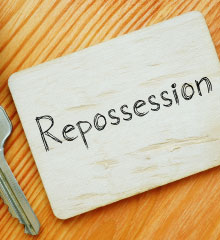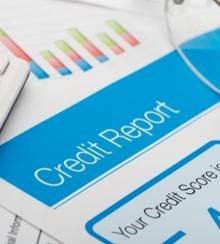How To Qualify for Bankruptcy in California
With the right legal team on your side, filing for bankruptcy in California is no longer a rigorous and complicated process. The initial step, and perhaps the most important, is to determine which chapter of bankruptcy is right for you.
The vast majority of personal bankruptcies fall under one of two chapters, Chapter 7 and Chapter 13. Each Chapter presents individual benefits based upon the particular circumstances of the person(s) reviewing them.
For example, a Chapter 7 is able to discharge an unlimited amount of unsecured debt (medical bills, credit cards, etc.) without the requirement of a repayment plan, while a Chapter 13 allows you to retain equity in valuable assets, such as homes and vehicles, by maintaining an affordable repayment plan absent interest and late fees.
What Are the Requirements?
Although many factors are considered when determining an individual's qualification for either chapter of bankruptcy, three can be emphasized above the rest: (1) your household’s average monthly income, (3) your monthly household budget, and (3) the assets you own at the time of filing. As in every other state, to qualify for a Chapter 7, your household’s income cannot be significantly greater than the median income for your state.
Fortunately, there are no income restrictions on who is eligible to use Ch. 13, which allows you to reduce and restructure your debts. This means you’ll never be told you make too much money to qualify.
Additionally, in either Chapter of bankruptcy, your budget and disposal income is carefully reviewed. In a Chapter 7 you are required to maintain a budget that does not provide for a significant amount of disposable income, while a Chapter 13 merely expects your budget to reflect that you’re able to afford your monthly payment.
Additionally, those with interest in real estate or valuable assets must disclose such interests when consulting an attorney. The bankruptcy code does provide certain exemptions (protections) for people to retain homes, vehicles, and bank accounts with varying amounts of equity/value. To determine whether you are able to file either chapter of bankruptcy while maintaining an asset, it is strongly recommended that you consult an experienced bankruptcy attorney. They will be able to accurately estimate the value of your assets and apply the relevant bankruptcy exemption(s).
DebtStoppers Can Create a Plan For You
Regardless of which type of bankruptcy is right for you, DebtStoppers can create a customized debt relief plan that is perfectly tailored to your needs. We pride ourselves on our ability to find real debt solutions that allow our clients to find true financial freedom. One-size-fits-all doesn’t work when it comes to dealing with debt: you need a plan that fits your family’s financial circumstances.
Our skilled legal team has years of experience helping people wipe out their debts and move on with their lives. Call or text DebtStoppers today at 323-916-8660 or sign up online to request a free debt evaluation with a knowledgeable California lawyer.


